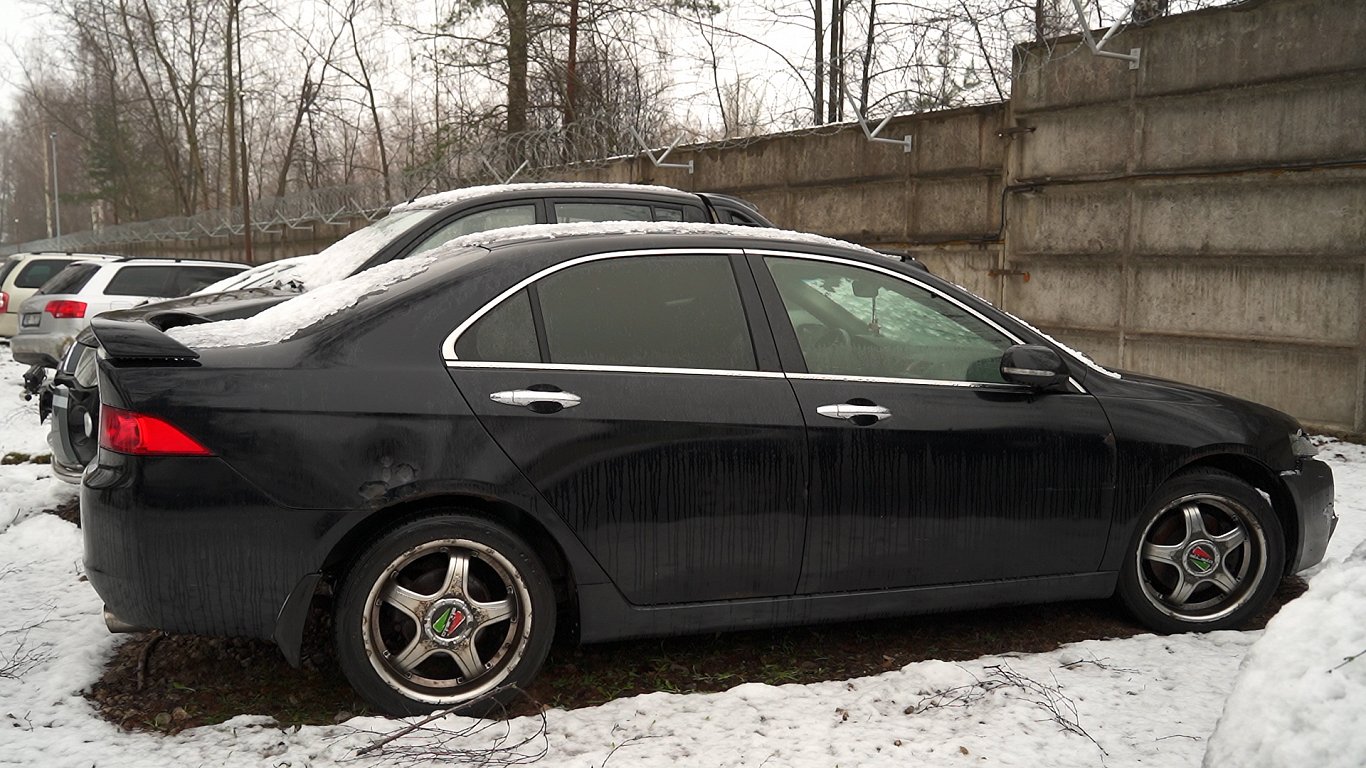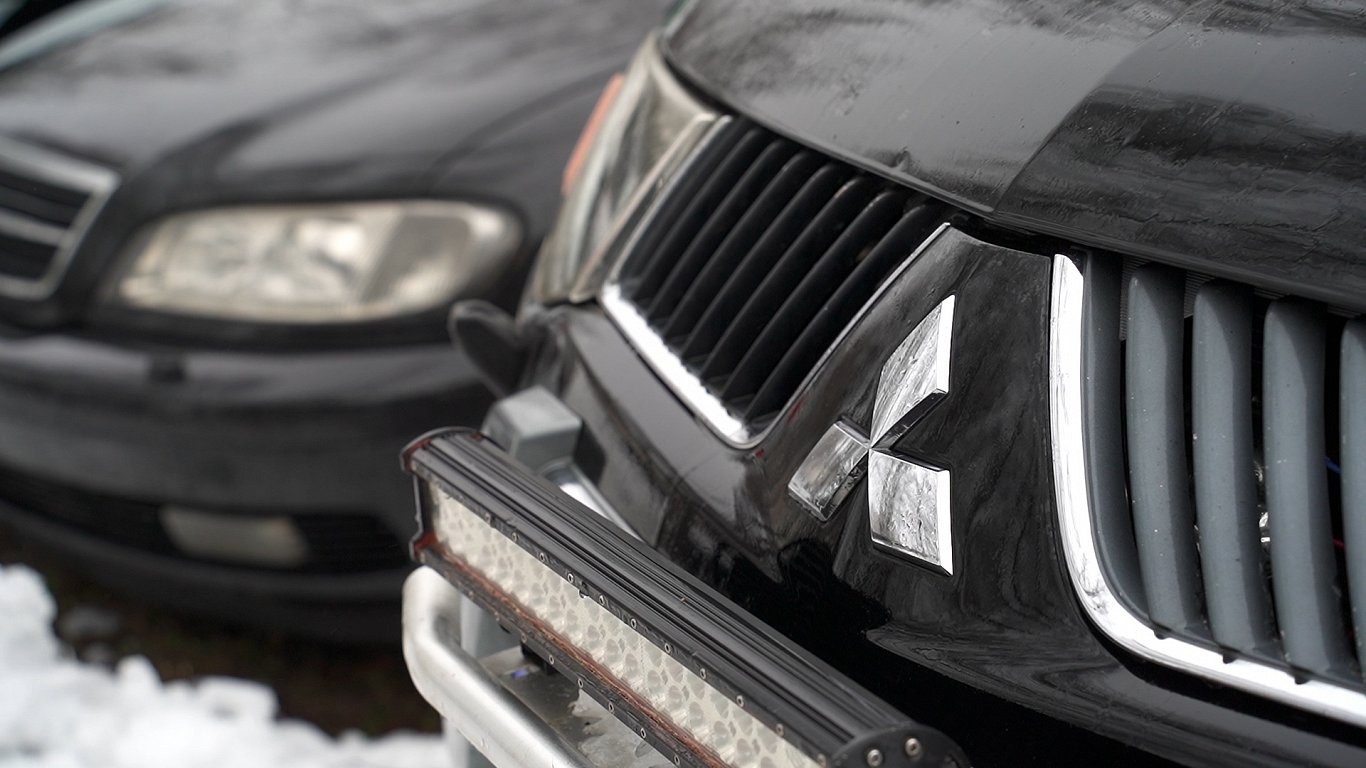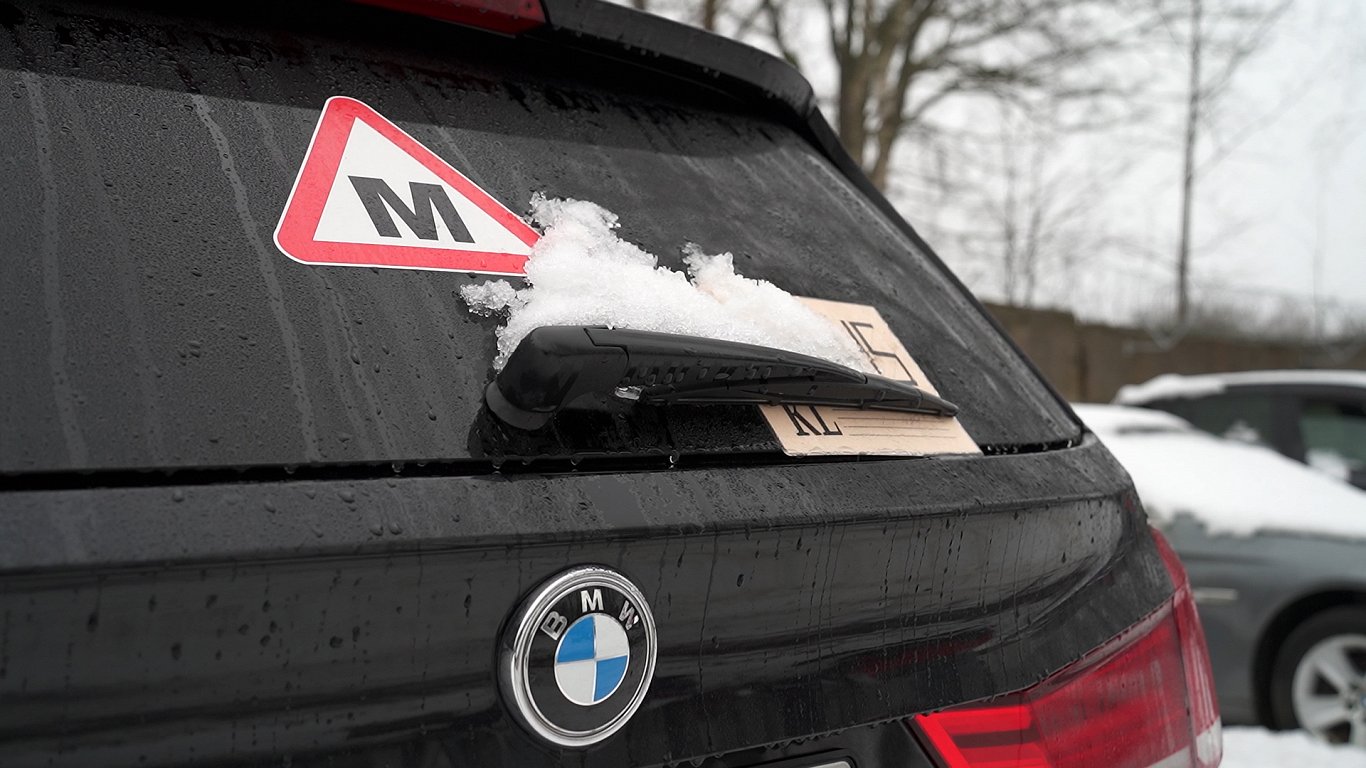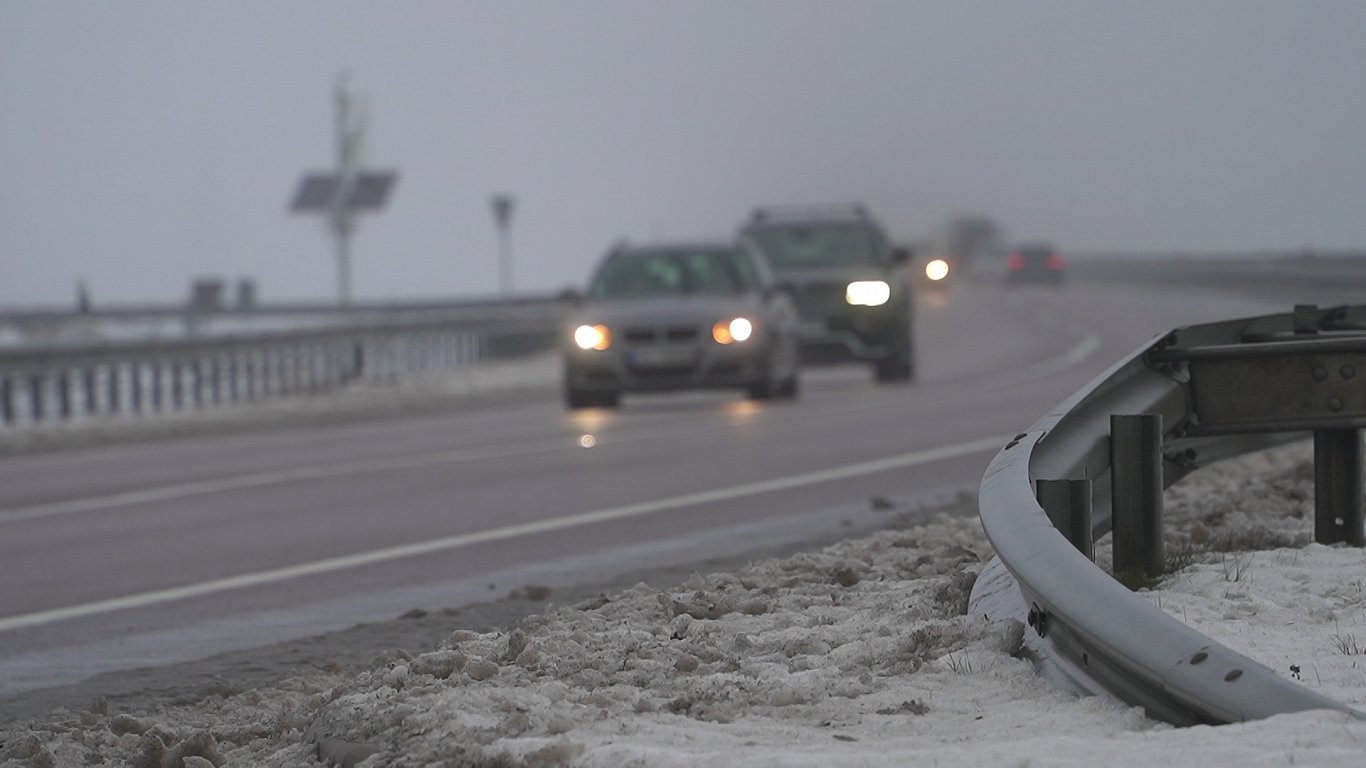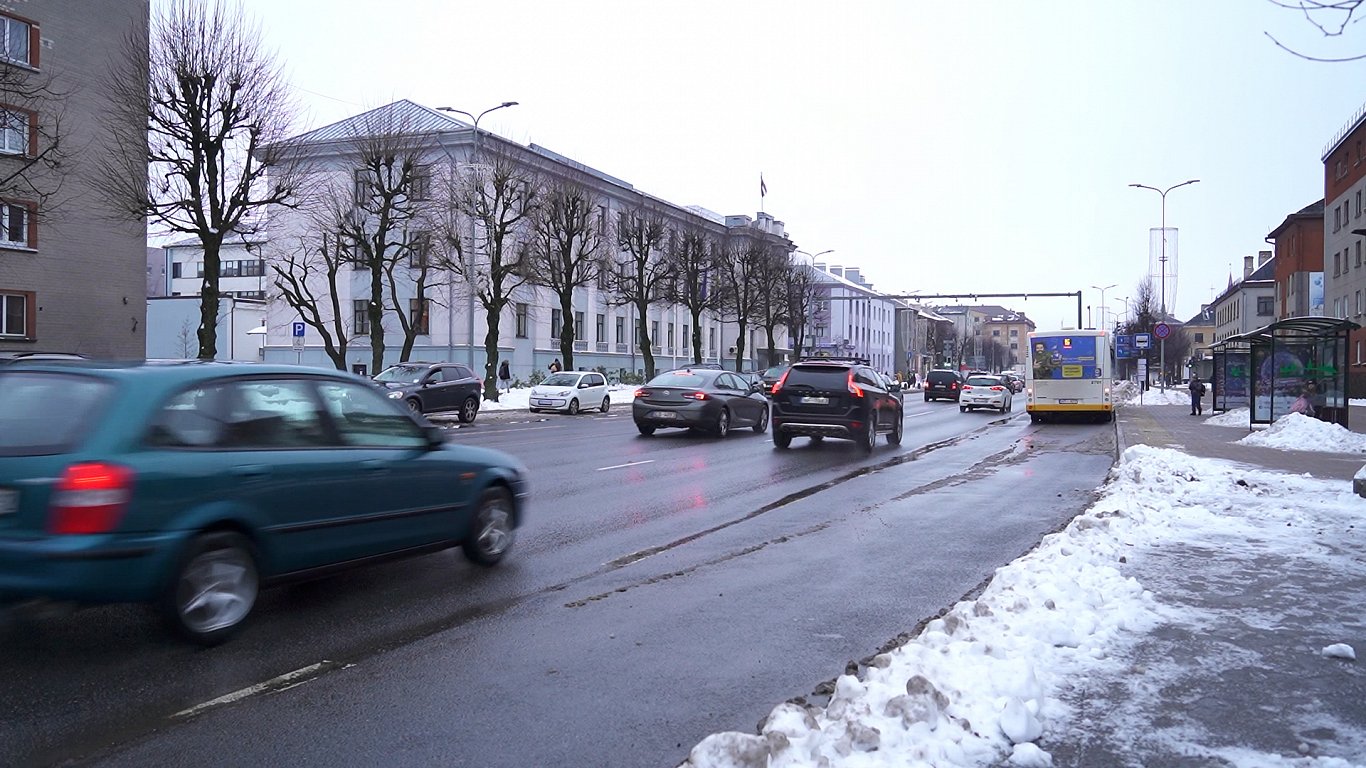In these auctions, the starting price is not determined – it is up to the bidder. When purchasing the car, the buyer has the option of assessing it only visually, no test drives or technical assessment is intended.
VID annually auctions off around 250 cars. Since the entry into force of the Criminal Law, which provides for the confiscation of vehicles from highly intoxicated drivers, the number of cars sold has increased significantly.
Deputy Director of VID Financial Management Ināra Solosteja said:
"We got 36 cars at our disposal in January last year, 90 cars in January this year. Consequently, it is concluded that the number has increased at least three times. The public's interest in purchasing cars is very high; we recently had 241 offers per car."
The cars taken from drinking drivers enters the parking areas of the Provisions State Agency (NVA) in Kurzeme, Vidzeme, Latgale, and also in Rīga, which significantly increases the load of the parking lot, where the storage of cars involved in other criminal proceedings is also located.
NVA spokeswoman Laija Dovguško noted: “In general, the Agency can store around 850 vehicles throughout Latvia, we already have 660 vehicles in the lots, but this number is constantly changing because the vehicles are both being removed from the areas and new ones are arriving.”
The vehicles seized may be purchased by both natural and legal persons, as well as by the owners of the vehicles from whom it got seized, provided that they meet three requirements: the applicant cannot have tax debts exceeding EUR 150, could not have insolvency status, or sanctions imposed against them. The statement on price surveys is published on the VID website. There is a brief description of the vehicle, photos, and conditions for offering the price. The starting price is not determined by the VID.
VID spokeswoman Solosteja said: “The car is being sold to the applicant who has offered the highest price. The technical state has not been evaluated and the State Revenue Service does not assess the technical state. We don't have assessors. [..] I repeat, the interest is simply unspeakably high, there is no basis to think that its price might be low."
However, the reality shows that, for example, a 2009 Toyota Avensis car sold for €1700 without value-added tax (VAT), whereas on the most known trading websites, the lower price of such a car is €2,800 and up to €6,000.
Industry representatives have also pointed out that such an auction approach implemented by the VID can contribute to an increase in unfair transactions by increasing the interest of buyers in purchasing cheap cars.
"It's not a classic auction, usually the auction has a minimum price, then there's a rate, a step as much as each can promise, and in the end the highest bid gets the car. I'd say, it's a stab in the dark around there."
The only way to check the technical condition of the car is to look at it visually and start the engine. No further diagnosis or test drive is possible. According to the VID, there will be no change in the auctions of seized cars in the near future.
